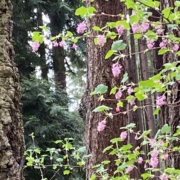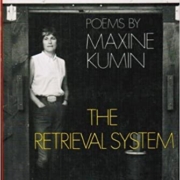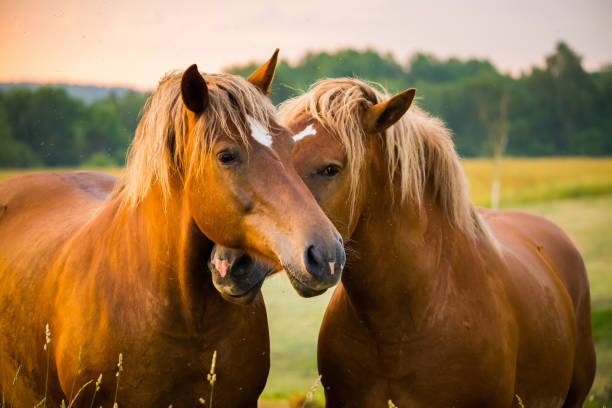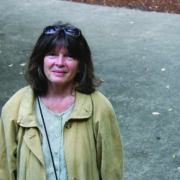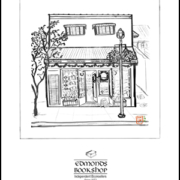Northwest Greats
When I visited Edmonds Bookshop for my reading last week, I was inspired by a couple of things. First, I am almost certain that it was something I saw there (on the website? on a poster?) suggesting I plant a northwest shrub in honor of northwesterner and writer Ivan Doig, who died on April 9. So this weekend I bought a blossoming currant. (And snapped a picture for you.)
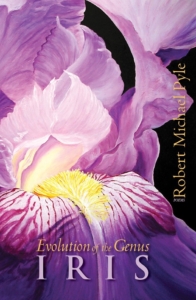 A second northwest impulse inspired by the bookshop — while browsing their poetry shelves, I found Robert Michael Pyle‘s Evolution of the Genus Iris. And even though I seriously do not need to buy any more books (!) I bought it. Here’s a poem for spring. And peace.
A second northwest impulse inspired by the bookshop — while browsing their poetry shelves, I found Robert Michael Pyle‘s Evolution of the Genus Iris. And even though I seriously do not need to buy any more books (!) I bought it. Here’s a poem for spring. And peace.
PINK PAVEMENTS
How the sidewalks flush and run
when cherries, crabs, and apples shed
their petal pelts. How exploded
blossoms soften concrete and stone.In Colorado, nights before track meets,
I walked and walked, dreaming of Olympus,
holding in the exhalations of Hopa crabs
that lined our streets. Next day, the same cold
wind that always blew my discus down too soon
would strew the streets with pale pink disks.In Cambridge, cherry blossoms daubed
the rosy fronts of colleges, scented stale
doorways of pubs. Memories of winter on harsh
fen breath stripped set fruits of flower, laid
pink silk over ancient pavements, lifting skirts
and dressing lanes in time for the May Balls.Even now, when hard spring wind unclothes
the cherries in town and crabapples thicken
the night air, I feel the blunt rim of the discus
on my fingers, the cool rim of the pint on my lips.
And I think, as yet another April whiles itself
away in war,how the pavements of Baghdad must go pink,
spattered with the petals of peaches and plums,
when the car bombs burst. How blossoms
soften exploded concrete and bone.-Robert Michael Pyle

